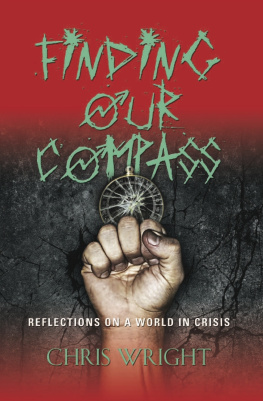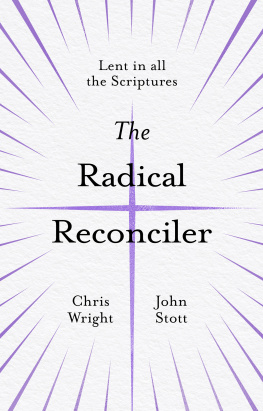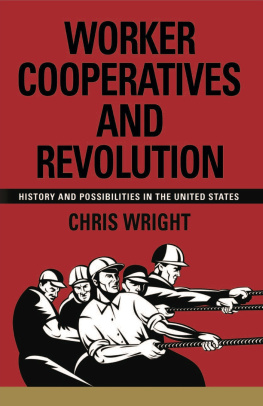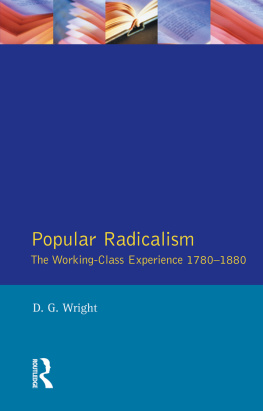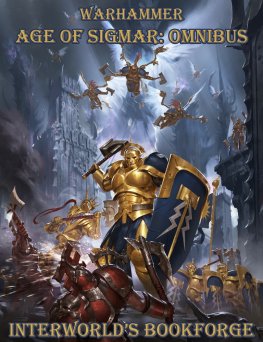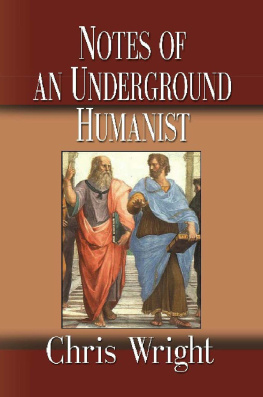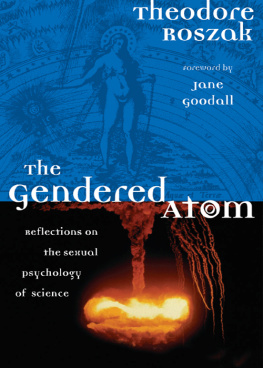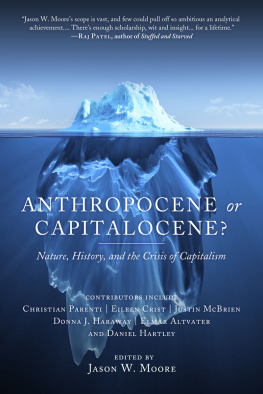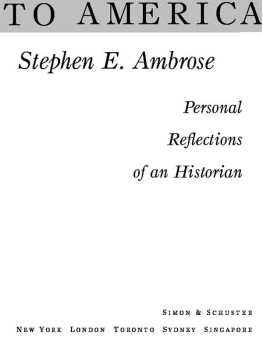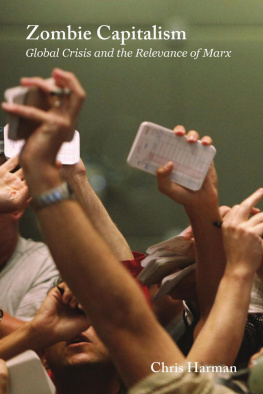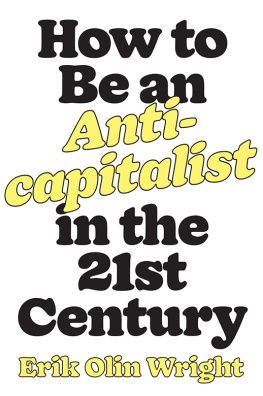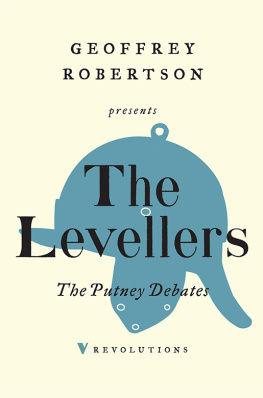FINDING OUR COMPASS
REFLECTIONS ON A WORLD
IN CRISIS
Chris Wright
CHRIS WRIGHT Copyright 2014 Chris Wright ISBN: 978-1-63490-043-0 All rights reserved. No part of this publication may be reproduced, stored in a retrieval system, or transmitted in any form or by any means, electronic, mechanical, recording or otherwise, without the prior written permission of the author. Published by BookLocker.com, Inc., Bradenton, Florida. Printed in the United States of America on acid-free paper. Booklocker.com, Inc. 2014 First Edition
FINDING OUR COMPASS Hereditary bondsmen! know ye not Who would be free themselves must strike the blow? Byron
CHRIS WRIGHT
FINDING OUR COMPASS Table of Contents
CHRIS WRIGHT
FINDING OUR COMPASS Preface This is an odd book, both timely and untimely.
From an objective standpoint it is timely, addressing the urgent issues of our age. It takes as its starting point the coming demise of a civilization, at the hands of global warming, economic stagnation and crisis, and possible nuclear warall ultimately products of corporate capitalism in its neoliberal phase. It consists largely of reflections on how we got here, how to interpret our society and ourselves, and what ideals are worth extracting from the wreckage of the past. It eschews academic conventions in favor of getting directly to the point and not mincing words. But that is also why its untimely. Its defiance of institutional norms and political correctness, in addition to its unusual, Nietzsche-esque form, makes it very different from the kinds of books that attract traditional publishers and markets.
To its cost, it exists between academic and popular markets, drawing from scholarship but presenting ideas in an un-academic way. Indeed, the whole of Part Two consists of summaries of and commentaries on left-wing scholarship that has impressed me. Few writers dedicate themselves to collecting and summarizing scholarship, to make it more accessible to the public and bring it all together; Noam Chomsky is one. But since good, materialistic (Marxist or semi-Marxist) scholarship is so useful in explaining our world, Ive decided to compile here some of the notes Ive taken in recent years on the work of such academics as Robert Brenner, David Harvey, Harry Braverman, David Graeber, and Walden Bello. People who dont find academic writings accessible should nevertheless know of this
CHRIS WRIGHT scholarship and at least read summaries of it, so they have a better understanding of society. Part One is even more unconventional, jumping from subject to subject in a series of brief reflections.
Superficially these sections might appear to be random and unrelated to each other, but I have organized them carefully so that thematic threads tie them together. Theyre taken from a huge collection of notes Ive accumulated in the last fifteen years, on philosophy, history, psychology, culture, music, etc. Overall, the unifying perspective is the young Marxs: For a ruthless criticism of everything existing!, including capitalism, the U.S. government, Western intellectual culture, academia, postmodernism, certain strains of feminism, even the concepts of genius and greatness that people use to exalt a few individuals and denigrate everyone else. I want to defend the integrity of reason and the individual from attacks by the bane of our age, institutional thinking and behavior. Collectivism is humanitys enemy; unfortunately its almost ubiquitous in the modern world.
But its most dangerous manifestation is corporate capitalism, which is why the books main polemic is against capitalism. This book is essentially an extension of my first, Notes of an Underground Humanist (2013), and can be read in conjunction with it. Subjects I discuss only briefly here are dealt with in more depth there, and vice versa. My second book, Worker Cooperatives and Revolution: History and Possibilities in the United States (2014), is probably the most original and important of the three, containing a major revision of Marxism and clarification of its true relation to anarchism, a discussion of the past and present of the solidarity economy (focusing on cooperatives), and a case-study of the successful New Era
FINDING OUR COMPASS Windows cooperative in Chicago. Readers interested in a constructive critique of Marxism should turn to that book, which also contains informed speculation about where society may be headed in the next fifty years, as the present ancien rgime disintegrates. I have to confess to a rather pessimistic point of view on that score.
I think were all in for some horrific suffering and titanic upheavals. I just hope we make it through the conflagration and into a more peaceful world on the other side.
CHRIS WRIGHT
FINDING OUR COMPASS Part One
FINDING OUR COMPASS
Chapter One
Social Structures and the Individual Valedictory. Our civilization is approaching the end. Were peering over the precipice, and chaos boils below. The time has come to sum it all up, to take account of where we are and what weve done, and to pass judgment.
We, the generations now living, have been lucky or unlucky enough to be present as history nears its climax; we have an abundance of human experience to survey and draw conclusions from, conclusions to pass on to posterity as it surveys the even more breathtaking ruins well leave. We want to go out with some dignity, with positive lessons to impart to our descendants so that they know not all of us were idiots. Weve lived long enough to learn lifes truths; weve suffered enough to be wise. Lets cast our glance from the future to the past and grasp the threads of human thought while there is still some link between what was and what is, some memory of what is rapidly fading. Perhaps some future explorer will discover our buried treasure, our Dead Sea Scrolls, and read about lost worlds, and be carried away by tales of folly and adventure. In the meantime, a few glimmers of honesty and perspective may light up our world and reveal it to itself * Advice for writers.
In general, its a good idea for writers to imagine how their work would be seen by posterity. Would their descendants view it as parochial, time-bound, and faddish, or would they still find intrinsic and timeless merit in it? Would it hold up in a different cultural context? If not, the writer should
CHRIS WRIGHT rethink his work so as to give it more universal relevance, thereby heightening its artistic and intellectual value. Its true that one cannot, even in imagination, entirely rise above ones culture and view its artifacts from the outside; nevertheless, insofar as were humans and not mere cultural byproducts, the exercise is partly within the bounds of possibility. Indeed, people are constantly judging their societies and particular social practices from a human, semi-objective standpoint; such are moral judgments, properly so-called, grounded in the timeless and universal morality of the Golden Rule, i.e., respect and compassion for others. (This morality seems to be ingrained in the human brain, judging by peoples near-universal, albeit frequently compromised and conditional, acceptance of it.) Aesthetic and intellectual judgments, too, are not mere epiphenomena of a particular culture but are natural, though socially influenced, expressions of innate structures in the human cognitive and affective faculties. The writers, in fact the artists and philosophers and scientists, task ought to be to transcend the limitations of time and place and appeal to the highest standards of the innately human.
Ideally his work would be immortal. * Enlightenment. Said Samuel Johnson, on art: Nothing can please many, and please long, but just [i.e., true] representations of general nature. Particular manners can be known to few, and therefore few only can judge how nearly they are copied. The irregular combinations of fanciful invention may delight a while, by that novelty of which the common satiety of life sends us all in quest; but the pleasures of sudden wonder are soon exhausted, and the mind can only repose on the stability of

